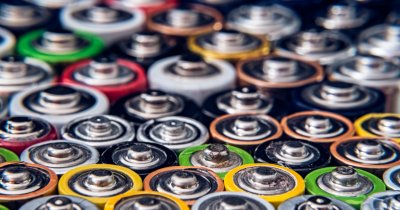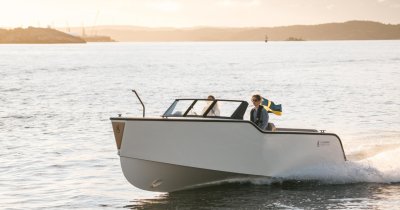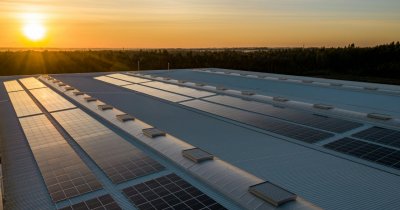According to Cleantehnica, some startups are already looking into ways of innovating the way we power planes and ships in order to achieve zero-net emissions for these transportation methods.
Biofuel alternatives for shipping
The biggest step is to make legislation tougher in these two parts of the transportation sectors in order to improve the green infrastructure and to make sustainable fuels more competitive.
The European Green Hydrogen Acceleration Center is one of the institutions that supports projects who are developing green hydrogen in order to build up a solid supply chain.
MAN ES is a company specialized in developing ship engines and the team wants to develop engines running on ammonia and methanol in the next few years.
Beside e-fuels development, companies should also take into account fuel consumption, as this is another major factor.
Then there is also supply availability and refueling infrastructure in ports, which are crucial to keeping ships running, and this part requires its own investment, as well.
Battery based airplanes could take off soon
Aviation is another transportation sector that needs to be decarbonized before 2050, and the easiest approach, according to experts, is to reduce demand.
Currently, newer powering technologies are being developed, which should help aviation become a greener transportation method.
Electric planes are going to happen pretty soon, thanks to advancements made by Pipistrel, a company that developed the first EASA-certified electric engine to be used in the small Velis Electro plane.
Wright, an American company specialized in airplane engines, has announced the development of an electric aircraft that should be ready by 2026, powered exclusively by electric batteries.
Traditional lithium-batteries are not energy dense enough to provide the range necessary for a commercial flight, but recent innovations in the battery tech revealed Aluminium-Air batteries (editor's note: they produce electricity from the reaction of oxygen in the air with aluminium), which should overcome this issue.
Hydrogen planes could also become a reality pretty soon, with companies like ZeroAvia and Universal Hydrogen expected to deliver the first hydrogen-powered planes for commercial flights by 2024.
Until electric and hydrogen powered planes will rule the skies, the more realistic version for now is represented by planes that are powered by sustainable aviation fuels, since these can offer carbon-neutral flying in the near future.
The advantage to using this type of fuel is that they do not require any significant modification to the engines in order to be operational.
The law needs to be more strict when it comes to using traditional fuels and controversial biofuels, and it needs to force companies adopt more sustainable, renewable alternatives for transport.
In the future, we will need to completely replace fossil fuels with green alternatives and also focus on ways to improve the energy efficiency of the engines in order to ensure that both the quality and the quantity of fuels doesn't suffer.
 Mihai - Cristian Ioniță
Mihai - Cristian Ioniță












Any thoughts?